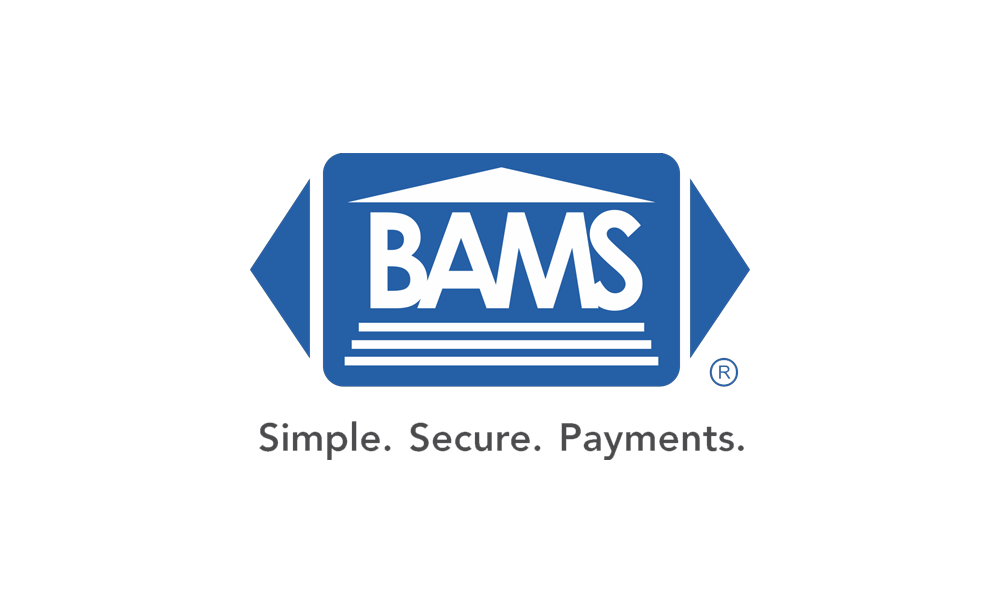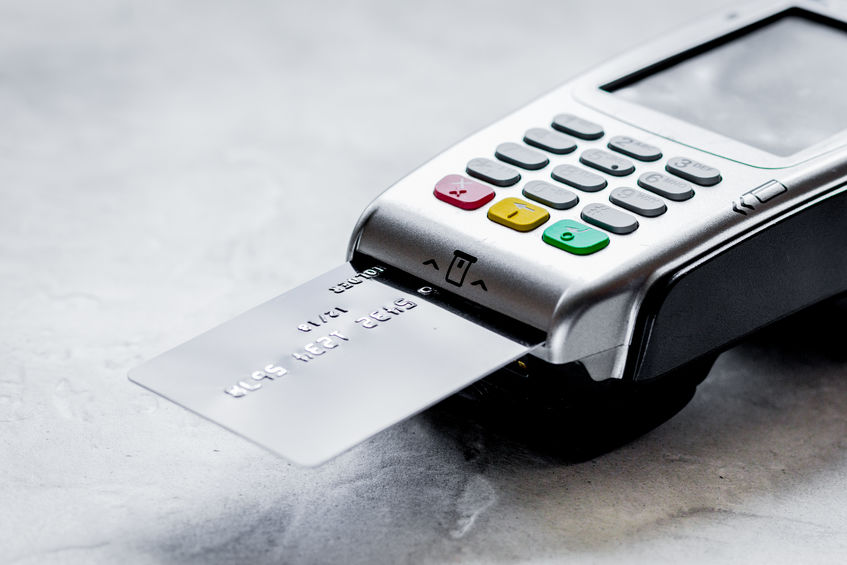Can You Fight a Chargeback?
Merchants can fight chargebacks and, while many don’t, all should whenever possible because chargebacks matter. Chargebacks cost merchants money in the form of lost revenues and, in many cases, lost inventory. They also raise red flags when they start to rack up, causing potential strains in relationships with payment processors and the major card companies that could result in higher rates or denial of services like next-day funding. To avoid those consequences, merchants should fight every dispute they think they can win, but putting up a strong chargeback defense is not necessarily as easy as it sounds.
Merchants Must Have a Legitimate Reason to Fight
First of all, not all chargebacks are winnable because some happen for very legitimate reasons. For instance, if stolen credit card information is used to make a purchase online and a dispute is filed, the consumer legitimately deserves to win, making chargebacks an unavoidable reality of business. However, some people abuse chargebacks, attempting to use them to get products or services for free or as a blunt tool to resolve customer service situations where they feel like they’ve been wronged. In such cases, where the merchant has done everything right on their end, a dispute response should always be filed.
Merchants Must Be Able to Prove Their Case Clearly
Knowing they held up their end of the bargain is one thing; being able to prove it is another. The card companies tend to err on the side of their cardholders, and when a chargeback is filed, the burden of proof is on the merchant, not the customer. It’s also a heavy burden, requiring the merchant to provide specific “compelling evidence” that the chargeback should be canceled in a very strict and very limited amount of time.
Steps to Successful Chargeback Defense
Assuming a merchant has a good reason to fight and believes they have the proof necessary to win, the card companies each outline their own specific processes for responding to a dispute. Unfortunately, the process can often be complex and time-consuming – one reason so many merchants choose not to respond to disputes at all. But, for merchants looking to file a strong chargeback defense, the following general steps must be followed in order to maximize the chances of success.
1) Recognize the Chargeback
This might seem obvious, but it’s shocking how many merchants lose chargebacks because they simply ignore them or don’t even know they’re happening. Recognizing that a dispute has been filed as early as possible is key because the clock starts ticking as soon as the file is started and notice is sent out – notice that may come by mail, eating up part of a time window that may already be as short as 30 days. Since it takes time to compile the necessary evidence and send it in, any time lost could be costly, so it’s important to begin the chargeback defense process as quickly as possible.
2) Determine the Reason Code
All chargebacks are assigned a reason code – a special code set by the card issuer that summarizes the reason for the dispute. Reason codes are extremely important to chargeback defense because they determine both the type of evidence the merchant must submit to win and the amount of time they have to do it. It isn’t uncommon for disputes to be lost due to merchants sending in the wrong evidence after misinterpreting the reason code. To complicate things, each of the four major card brands uses its own reason code system, so merchants must make sure to look up the code and research its requirements each and every time they file a chargeback defense.
3) Compile Compelling Evidence and Submit
With the reason code determined and understood, merchants must compile evidence that the chargeback is illegitimate and send it to the card issuer, either via mail, fax, or scanned copies. Each company has its own standard for compelling evidence, which they publish in their chargeback management guidelines. Evidence generally revolves around proving that the transaction was authorized and the goods or services were delivered. The type of allowable evidence is based on everything from the transaction type to the industry to whether the card was present, and more. Carefully consulting the published guidelines is important as, once again, it is common for disputes to be lost due to incorrect or insufficient evidence.
4) Monitor Dispute Status
It can’t be emphasized enough that just because a chargeback defense has been filed, the process is not over. The card company may come back asking for additional statements or evidence, and if the merchant is asleep at the wheel, the time will expire, and they’ll automatically lose. Keeping an eye on the status of each dispute throughout the chargeback defense process is crucial to ensuring no winnable disputes slip through the cracks.
An Easier Way to Handle Chargeback Defense
The process described above is daunting and time-consuming. Understandably, many merchants opt to just accept chargebacks rather than dealing with the complexity of fighting them. That’s especially true for high-volume merchants for whom responding to each and every dispute seems like more work than it’s worth. However, there is a better way to manage dispute response that enables merchants to fight back against undeserved chargebacks without the huge drain on their time and energy.
The BAMS Dispute Assistant Manager is an automated chargeback defense system that provides BAMS merchants with tools to make beating chargebacks faster and easier than ever. The system focuses on four primary areas:
- Immediate Notification: Dispute Assistant Manager provides “day zero” notification to merchants of all new chargebacks as soon as they happen. Follow-up reminders are sent one and three days later, ensuring no chargeback ever slips through the cracks because it wasn’t noticed.
- Easy-to-Understand Evidence Requirements: With Dispute Assistant Manager, no merchant will ever have to struggle to find or understand the details behind a reason code. A clear action checklist is automatically created based on the chargeback’s reason code, providing merchants with immediate knowledge of the exact evidence required to win the case.
- Fast Online Process Management: When speed and accuracy are critical, simplifying the process is key to success. Dispute Assistant Manager brings the entire chargeback defense process online and enables the merchant to manage everything through a single, user-friendly portal.
- Improved Dispute Monitoring: To ensure merchants are always aware of the status of each case, Dispute Assistant Manager provides a comprehensive analytics dashboard. The simple design, easy sorting, and clear data presentation enable merchants to find the information they need about ongoing and historical disputes in seconds.
To find out more about the BAMS Dispute Assistant Manager and how it can help merchants beat as many chargebacks as possible, reach out to a member of the BAMS team. You can also get started with a free BAMS five-point price comparison to see how much the BAMS interchange-plus pricing model can save you on your monthly merchant statements.




